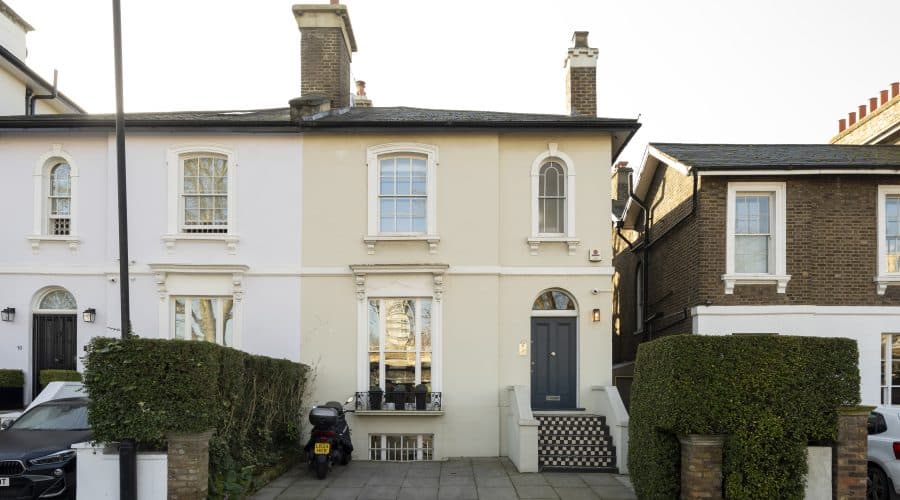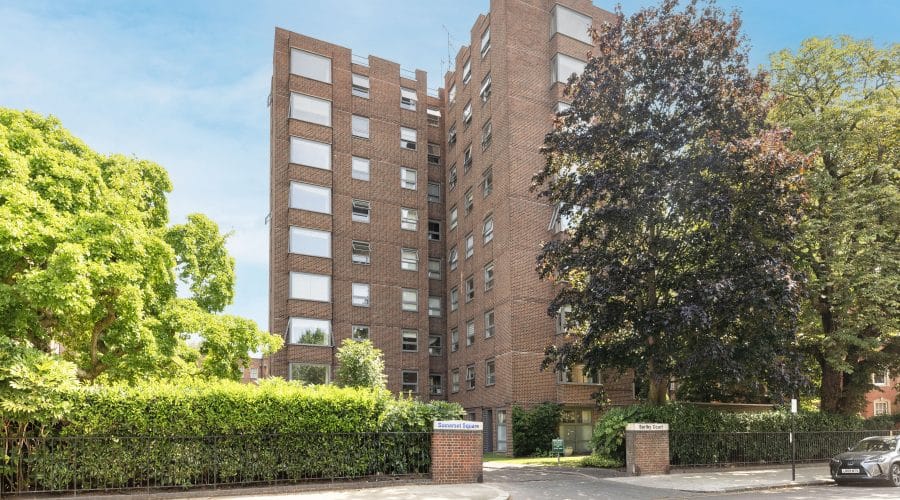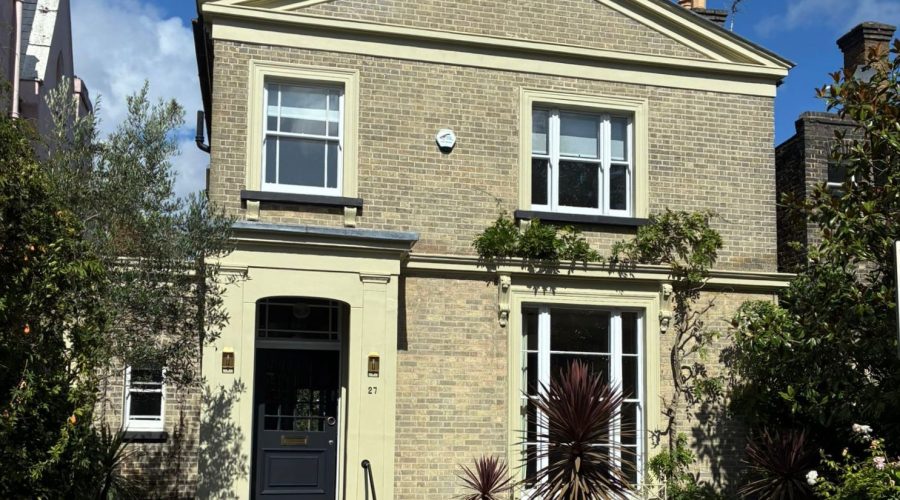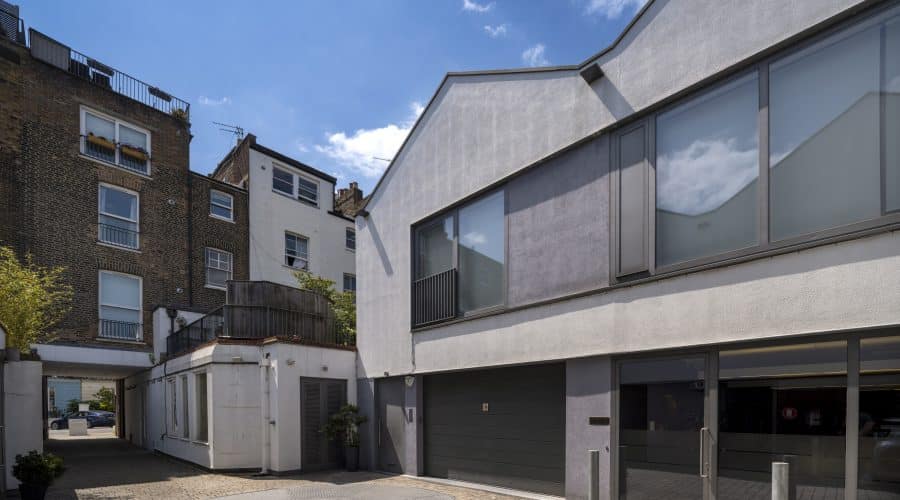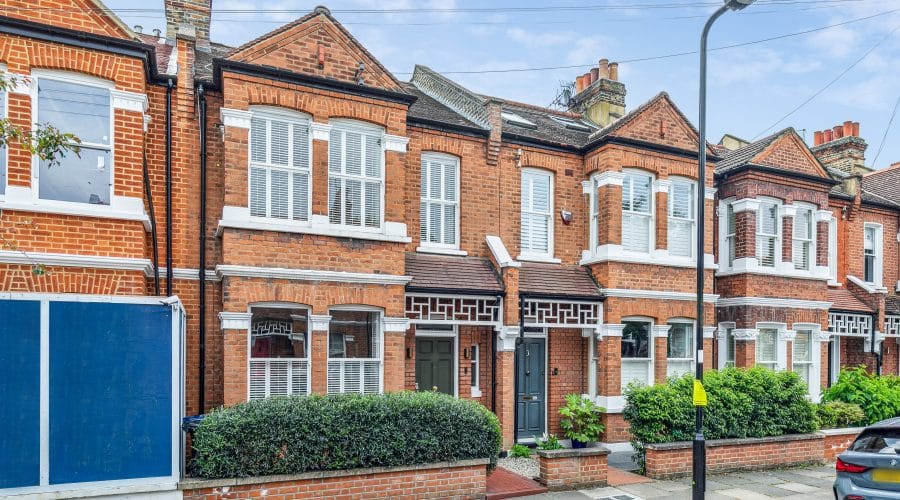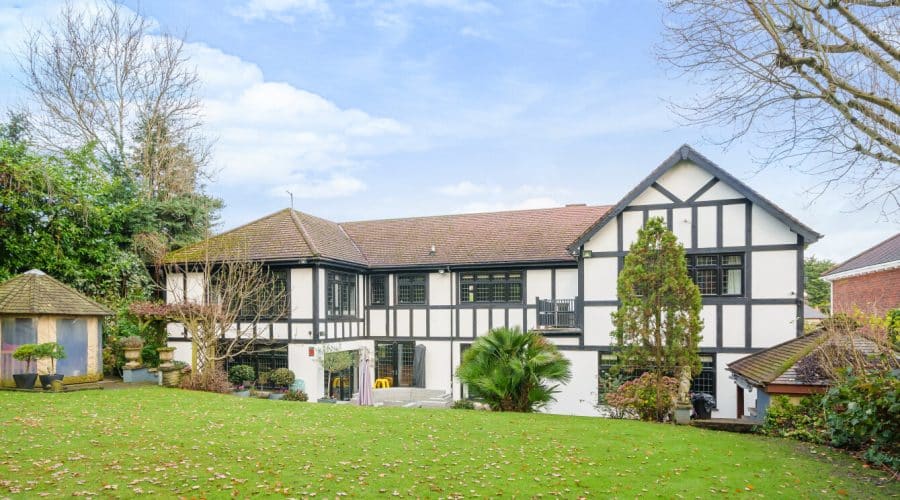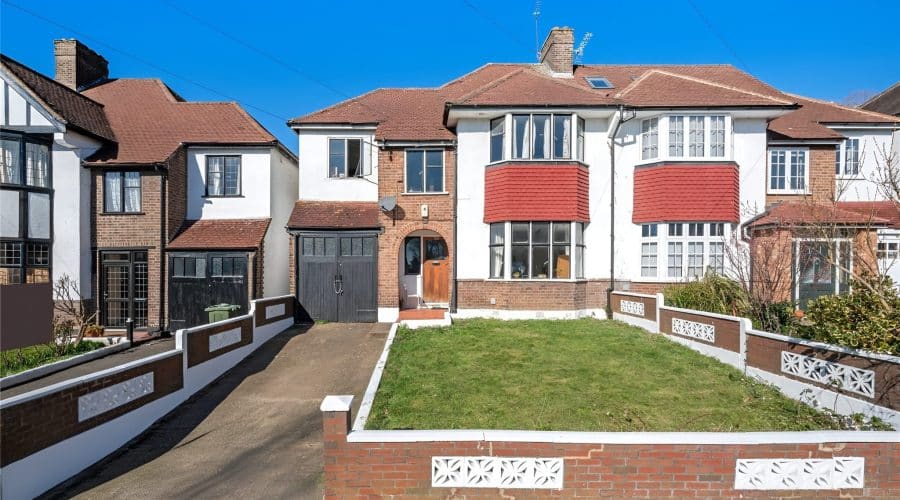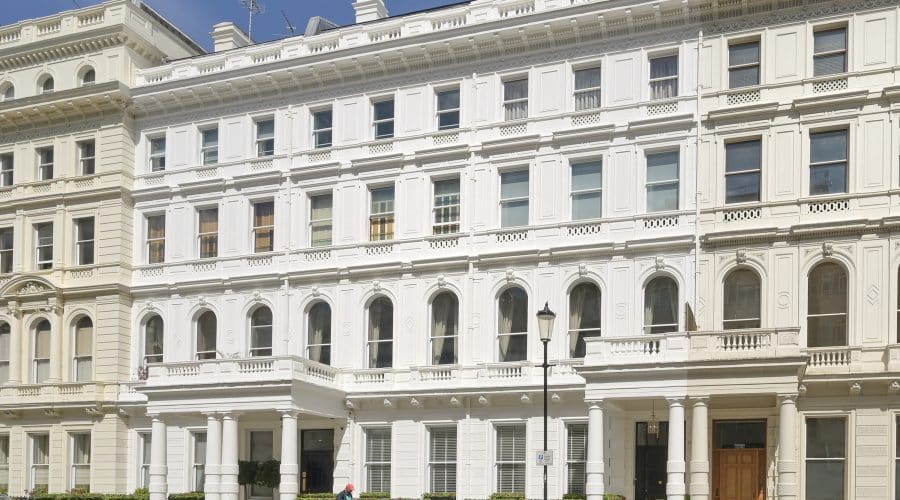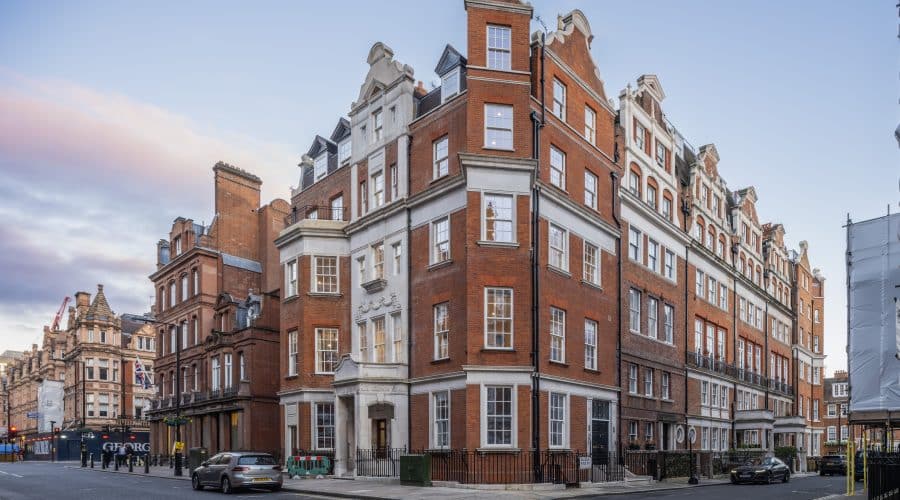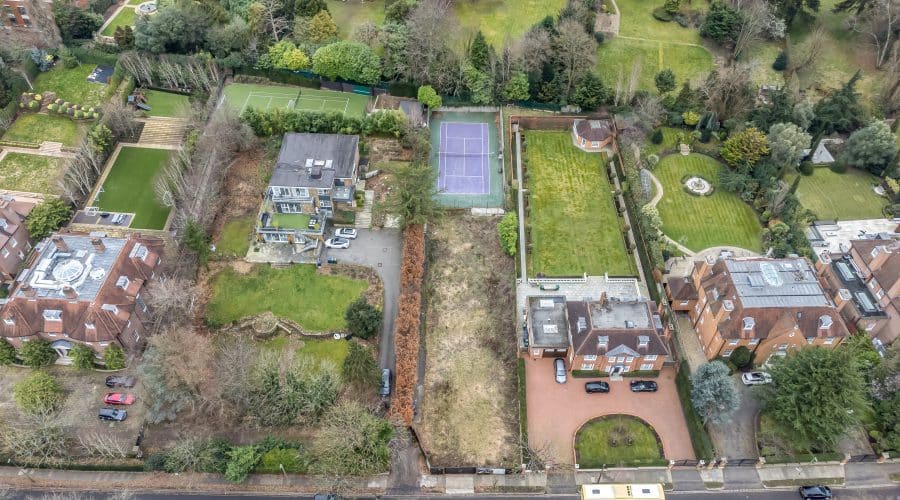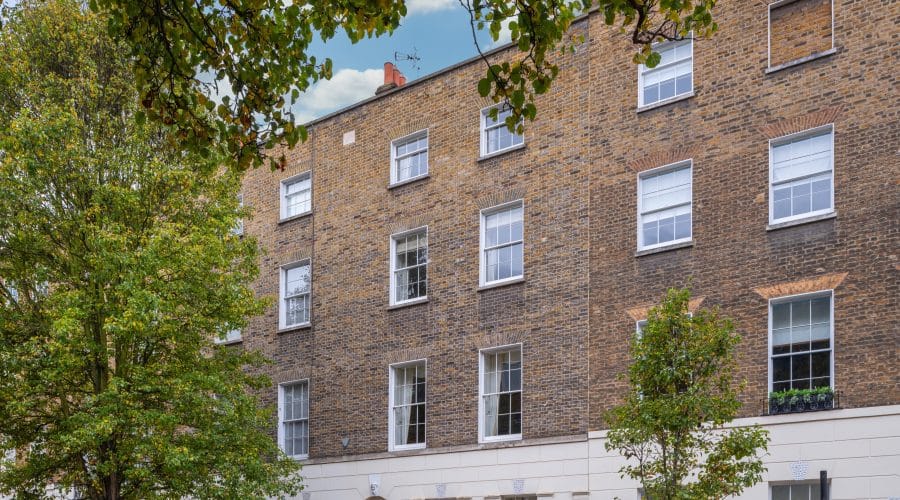How endless kite-flying speculation about taxes before the autumn budget by Rachel Reeves and Angela Rayner is grinding property transactions to a near-halt
By David Byers
For those of a certain age, kite-flying may trigger images of Mary Poppins. However, for those watching the property market over the past fortnight, the pastime has entirely different connotations.
For potential buyers and sellers, the flurry of policy kites Rachel Reeves is flying almost three months before the November 26 budget is driving them round the proverbial bend.
The vast majority will, as with so many useless kites taken on trial flights, inevitably end up in the bin. But agents say damage is being done in the meantime, noting disruption to the housing market — particularly in affluent areas, where tax changes will have the most impact because of the high value of properties and mortgages.
Sellers are terrified of being blasted with a capital gains tax (CGT) bill they can’t afford and are holding off downsizing, gumming up buying chains. Meanwhile, landlords are discussing selling up amid talk of national insurance being applied to their income. It’s a far cry from the housing revolution promised by Angela Rayner, the housing secretary, when Labour took power.
“I don’t think I’ve ever seen so much kite-flying in a run-up to an autumn statement in my entire career,” says Camilla Dell, a managing partner at Black Brick.
Tom Bill, the head of UK residential research at Knight Frank, says the market is showing signs of slowing down on the basis of public government ruminations, in “a re-run of 2024, when parts of the economy slowed down ahead of the autumn budget”.
He worries that financial markets are also being made jittery by the constant rumours, potentially harming the wider economy.
The market is hardly buoyant in the first place. Data released this week by Nationwide, the country’s second-largest mortgage lender, shows that the cost of living and stubbornly high mortgage rates led the average price of a house to fall by 0.1 per cent to £271,079. The monthly drop, which was the fourth seen in the past six months and below expectations of a 0.2 per cent rise, means house prices have fallen 0.4 per cent over the summer.
Data last week from Zoopla, the property search website, showed that there remains a north-south divide, with price inflation in the north, where housing is generally cheaper, much stronger than in London and the southeast.Frequently, sellers are contributing to the problem by demanding Covid-era prices in a market that has dramatically changed.
Sellers fear capital gains tax rise
The top end of the market, particularly in London and the southeast, is the hardest hit by the political climate.
August figures supplied by PropCast, a property data company, show only one in ten homes on the market are under offer in some affluent London neighbourhoods. Buyers have been put off by a combination of higher rates of stamp duty, including on second homes, and have had their spending power reduced by VAT on private schools, as well as stubbornly expensive mortgages. In middle-class areas such as NW4 (Hendon), for example, this led to offers on just 12 per cent of properties last month, down from 31 per cent in the same month during the Covid housing surge.
At the top end of the market, meanwhile, the abolition of non-dom status has led to as few as eight out of 100 homes being under offer in W1 (Mayfair and Marylebone). In W2 (Paddington and Bayswater), it is 11.
Within the past fortnight, the higher end of the market was hit by another blow with the suggestion that CGT may be expanded in November’s budget to cover the sale of main homes at £1.5 million-plus. These proposals left some analysts concerned that cash-poor and asset-rich downsizers in the southeast could choose to remain in properties rather than downsize and pay a big tax bill they can’t afford — potentially clogging up the market.
The response from would-be buyers and sellers at the top end has been immediate, according to agents on the ground. “We’ve had a growing number of calls from selling agents who have some nervous clients considering selling now, ahead of the budget,” says Will Watson, head of the Buying Solution, an agency that searches for homes on behalf of richer buyers.
“The uncertainty alone is proving too much for some owners — particularly those who’ve held their properties for over 20 years and seen significant price growth.”
While some sellers rush, others have decided to pause and wait. Michael Foldvari, from the estate agency Winkworth in Berkshire, says: “We have had several prospective home buyers and sellers comment that they will now be waiting until after the budget.”
Marc Schneiderman, from Arlington Residential, an agent in northwest London, says sellers requesting valuations are up 15 per cent in a month, but there are few buyers around.
Sellers of rural properties were already finding life tougher in recent months, as demand for their homes weakened due to 100 per cent rises in council tax for second-home owners, putting off buyers, and the end of the Covid-era race for space. PropCast data for August shows just 21 per cent of homes were under offer in TQ8 (South Hams, Devon), for example, down from 73 per cent during the pandemic.
Tilly Bagshawe, 52, and her husband, Robin Nydes, 68, said this week they were relieved to have got lucky and exchanged a fortnight ago on their £2.85 million Cotswolds second home on Lower Slaughter’s village green, a year after first marketing the property — albeit with a pause after their first sale fell through. They were not prepared to say whether they had reduced the price, but claimed selling had been difficult. “The government’s punitive approach to property taxes generally and second homes in particular, combined with all the uncertainty, has drastically reduced the number of transactions going through,” Bagshawe says.
Rural agents agree about the uncertainty. Nigel Bishop, the founder of the buying agency Recoco Property Search, which specialises in country properties, says anxiety threatens to kill the top end of the market in many desirable locations — and will ultimately reduce the Treasury’s take. “If the government is to implement all of the proposed tax changes, it will literally kill the goose that lays the golden egg.”
Stamp duty abolition hopes
Although the cheaper parts of the market remain buoyant — with data showing 70 per cent of properties in some of the most affordable northern postcodes under offer — agents say a growing number of would-be buyers of properties worth £500,000 or more are holding off until November because they wonder whether the government might act on another kite flown in the past fortnight: to replace stamp duty (and possibly council tax) with a proportional property tax on homes worth more than £500,000, which would instead be payable by buyers of homes above that threshold on a yearly basis after purchase.
The report suggests it should be a 0.54 per cent tax levied on home values between £500,000 and £1 million when bought, and a higher rate for any home valued beyond that. The idea of being free of stamp duty is attractive to many, particularly in London.
Tom Bill believes that hesitant buyers needn’t bother waiting, because stamp duty couldn’t simply be scrapped overnight — but, inevitably, the speculation will have an impact. “They are likely to be disappointed given how lengthy and complex it would be to phase it out and find £10 billion from somewhere else,” he says.
The landlord punchbag
A giant landlord-shaped kite flew across the horizon last week. The chancellor is believed to be considering applying national insurance to landlords’ rental income — a measure that has caused predictable fury among landlords who complain they have faced numerous tax rises since 2016. There was already growing evidence of a landlord sell-off. Analysis of HM Revenue & Customs data by the estate agency Savills shows a recent spike in house sales that incurred CGT charges — which anyone with an additional property must pay on their profits when they sell — from 110,000 sales in 2016 to 223,000 last year. These sales cover landlords and other second-home owners.
Agents say the national insurance reports have triggered a fresh wave of sellers contacting agents. “We had four landlords call in yesterday asking us to value their rental properties, one with a portfolio of several properties who has suggested that this may be the straw that breaks the camel’s back and is considering exiting the market,” Foldvari says.
Some landlords will sell, say agents, while others are making plans to hike rents if the changes come into effect.
Neil France, 67, a landlord with five rental homes in the Wirral and three houses of multiple occupation in Chelmsford, says the future is bleak. If the rise comes in, France says he will sell.
“There’s no point in investing. If you’re going into property right now, I would seriously consider looking at every other option first,” he says.
“What’s happened now is this continual chipping away of the reward and no commensurate reduction in risk. You think, well, it’s just not worth it now. So I haven’t bought a property in seven years. And I’ve got absolutely no intention of buying any more. The intention now is if this comes out, this national insurance malarkey, then it’ll be a case of we need to accelerate plans to start to sell them off. God help anybody that’s got to find a rental property.”
One thing is for sure. Until the chancellor makes a decision on which kite flies best, many buyers and sellers will be left floating in a state of limbo and staying firmly off the market.
Tips to sell in a slow market
- Price competitively: use at least three agent quotes and research sold prices for the past six months online.
- Create a good first impression: maintain the garden and front of the property.
- Declutter inside: remove personal items and excess furniture to maximise space.
- Ensure your listing has a virtual online tour to entice buyers.
- Be flexible with viewing times.
- Have all legal paperwork in order.
- Consider incentives, such as offering to pay for some legal costs or even stamp duty, and throwing in white goods if buyers request them.
- Be prepared to sell and move into a rental to accommodate any buyer, rather than rely on your own chain.
